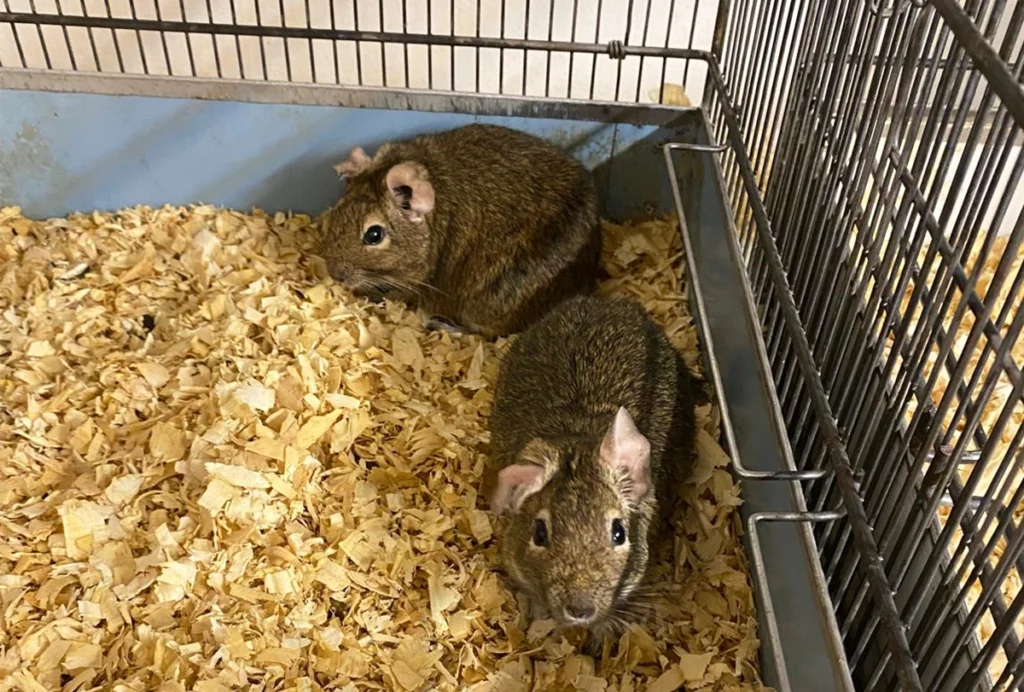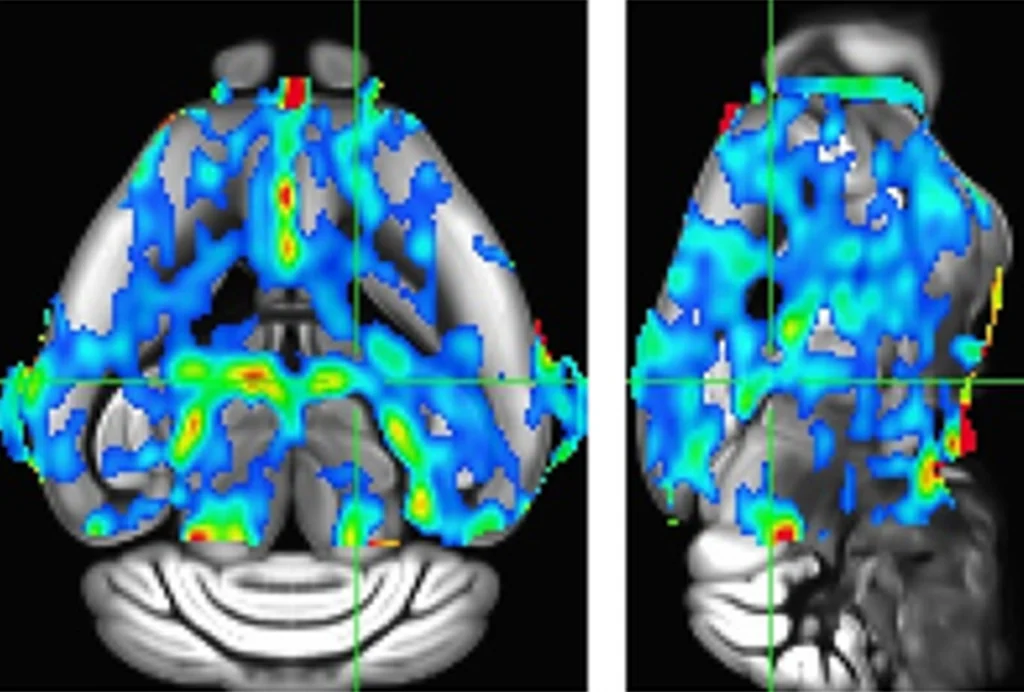Watch what you eat
Over the past few decades, scientists investigating what causes schizophrenia have come up with a slew of environmental risk factors, from a mother’s socioeconomic status, to a father’s old age, and the season in which the baby is conceived.

Over the past few decades, scientists investigating what causes schizophrenia have come up with a slew of environmental risk factors, from a mother’s socioeconomic status, to a father’s old age, and the season in which the baby is conceived.
Now there’s a new culprit to add to the list: toxoplasmosis.
At least, that’s the hypothesis of one English research team. Glenn McConkey and his colleagues at the University of Leeds say that the tiny Toxoplasma gondii — a microorganism commonly found on unwashed vegetables and undercooked meat — may be able to infect the brain and ultimately cause schizophrenia.
McConkey reported Wednesday that T. gondii can cause the mouse brain to produce excess dopamine, the ubiquitous brain chemical that’s usually brought up in talks of depression, drug addiction and the ‘pleasure sensors’ of the brain. Dopamine’s connection to schizophrenia has been hotly debated, but some common antipsychotics, such as chlorpromazine, seem to alleviate schizophrenia symptoms by effectively decreasing dopamine levels in the brain.
Several other infections during pregnancy, including rubella and influenza, have been linked to schizophrenia and autism.
But as with those studies, the evidence for the toxoplasmosis theory of schizophrenia is limited to a statistical correlation: children born to women exposed to T. gondii during pregnancy are more likely to develop schizophrenia in adulthood. McConkey’s team is looking for a biological mechanism to explain how the bugs may play a role not only in schizophrenia, but in other dopamine-related disorders, including Parkinson’s disease and Tourette’s syndrome.
In the meantime, in this season of peanut, pepper and spinach recalls, best to count this as yet another reason to wash and cook your food.
Explore more from The Transmitter

How inbreeding almost tanked an up-and-coming model of Alzheimer’s disease

